Commercial Waste Solutions: Tailored Strategies for Businesses of All Sizes
Commercial Waste Solutions: Tailored Strategies for Businesses of All Sizes
Effective waste management isn’t just about keeping the trash out of sight—it’s about creating a cleaner, more efficient environment that fuels your business’s success. Whether you operate a small café or manage a sprawling corporate office, having the right commercial waste solution in place is essential for maintaining a sustainable, organized, and compliant workplace.
For businesses both big and small, managing waste effectively often feels like a daunting task. But with the right partner, like SBC Waste Solutions, you’ll find that efficient waste management isn’t just possible—it’s easy. This blog dives into the importance of commercial waste solutions, explores tailored solutions for businesses of all sizes, and showcases why SBC Waste Solutions is the go-to partner in waste management services.
Introduction to Commercial Waste Management
Waste management is more than just taking out the trash. It’s about adopting a systematic approach that addresses how waste is generated, processed, and disposed of. Poor waste management can have far-reaching impacts, including harm to the environment, legal penalties, and unnecessary operational costs.
Environmentally, improper disposal increases greenhouse gas emissions and fills up landfills with materials that could otherwise be recycled. Economically, businesses risk additional expenses through inefficient practices and non-compliance penalties. Socially, poor waste practices can harm local communities and damage your corporate reputation.
Commercial waste solutions aren’t just about handling waste but about doing it smartly and sustainably. SBC Waste Solutions, a leader in the industry, offers businesses tools and services to help them meet these evolving challenges.
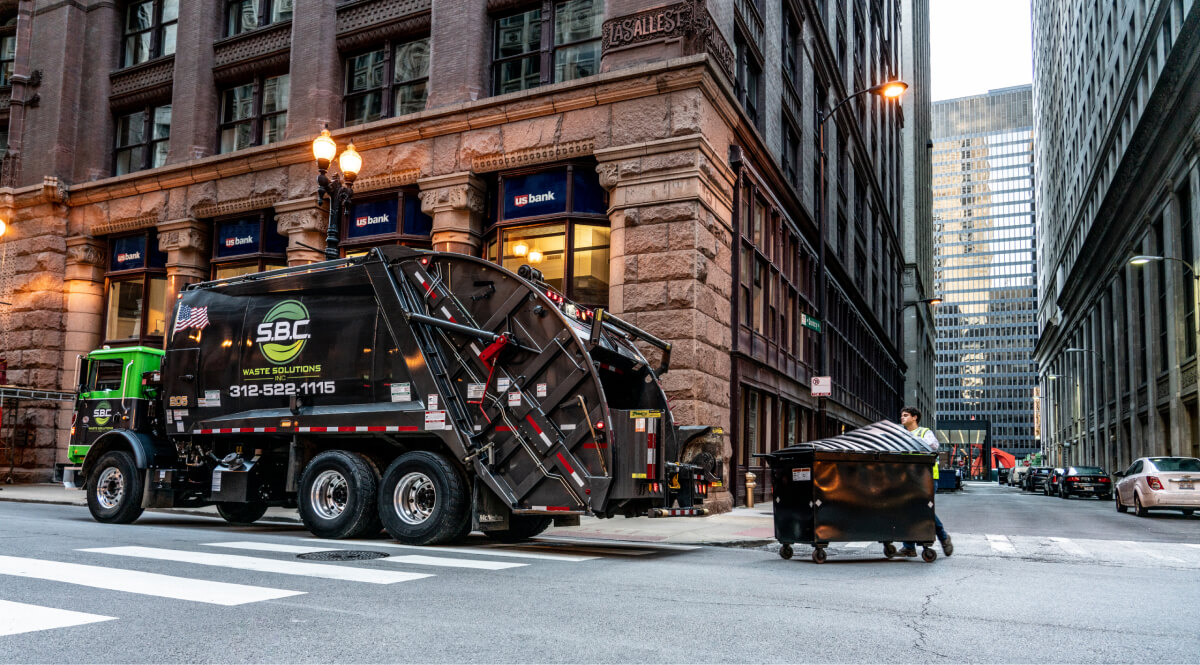
Commercial Waste Disposal
Understanding Your Waste: Types of Commercial Waste
Before you can solve any problem, you need to understand it. The same principle applies to waste management. Businesses generate various kinds of waste, and identifying these types is the first step in creating an effective strategy. Here’s a breakdown of common waste categories:
- General Waste: Everyday garbage includes packaging materials, broken items, and disposable products. This non-recyclable waste typically ends up in landfills, making it essential to limit its production wherever possible.
- Recyclable Materials: Recyclable waste includes paper, cardboard, plastics, and metals that can be processed for reuse. Recycling these materials reduces landfill loads and promotes sustainable practices for a greener future.
- Hazardous Waste: Hazardous waste, such as chemicals, batteries, and electronic items, needs proper handling. Specialized disposal prevents environmental damage and ensures compliance with safety regulations for community health.
- Organic Waste: Organic waste consists of food scraps, yard debris, and biodegradable materials like paper towels. Composting organic waste transforms it into nutrient-rich material that supports sustainable gardening and farming.
Understanding the waste your business generates is critical for creating a streamlined management approach. For instance, retail stores primarily deal with packaging waste, while restaurants may handle significant quantities of organic waste. A 2018 study revealed that U.S. businesses generate 7.6 billion tons of industrial waste annually—highlighting the sheer magnitude of this issue.
Tailoring Waste Solutions: The Importance of Customization
There’s no one-size-fits-all solution to waste management. Each business is unique in its operations, size, and waste-production patterns. A generic approach may result in inefficiencies and increased costs. This is why customization is essential.
Assessing specific business needs involves understanding the types of waste produced, waste volume, and disposal frequency. For instance:
- A small office might benefit from a focus on paper recycling and e-waste disposal.
- A restaurant that produces a high volume of food waste needs tailored organic waste solutions.
- Manufacturers creating hazardous waste would require advanced compliance protocols.
SBC Waste Solutions specializes in creating customized strategies, ensuring that businesses of all sizes receive services that match their exact needs. A retailer who partnered with SBC reduced their landfill waste by 40% by implementing targeted recycling programs. By customizing waste management, businesses not only streamline operations but also save money and reduce their environmental footprint.
Exploring SBC Waste Solutions’ Offerings
SBC Waste Solutions provides an extensive list of services that cater to the diverse needs of businesses. Here’s a closer look at what they offer:
- Dumpster Rentals: Perfect for temporary or large-scale waste disposal needs, such as during renovations or seasonal operations. Dumpsters provide flexibility for managing significant waste volumes over short-term projects effectively.
- Front Load and Rear Load Services: Ideal for businesses with regular waste pickup requirements, such as offices and retail outlets. These services ensure waste is collected efficiently, maintaining cleanliness and convenience for daily operations.
- Compactors: Designed for businesses producing large volumes of waste, such as warehouses and factories. Compactors reduce waste volume significantly, lowering disposal costs and streamlining waste management processes for businesses.
- Recycling Programs: SBC offers tailored recycling services adapted to specific industries, enabling businesses to meet compliance standards. These programs promote sustainability while ensuring efficient waste handling for various materials.
For example, a small restaurant struggling with limited space for waste storage might opt for compactors—saving both space and cost. Meanwhile, a retail chain could benefit from SBC’s flexible dumpster services, where waste volume changes based on seasonal trends. SBC’s reputation for reliability ensures businesses never face disruptions, enabling smooth operations.
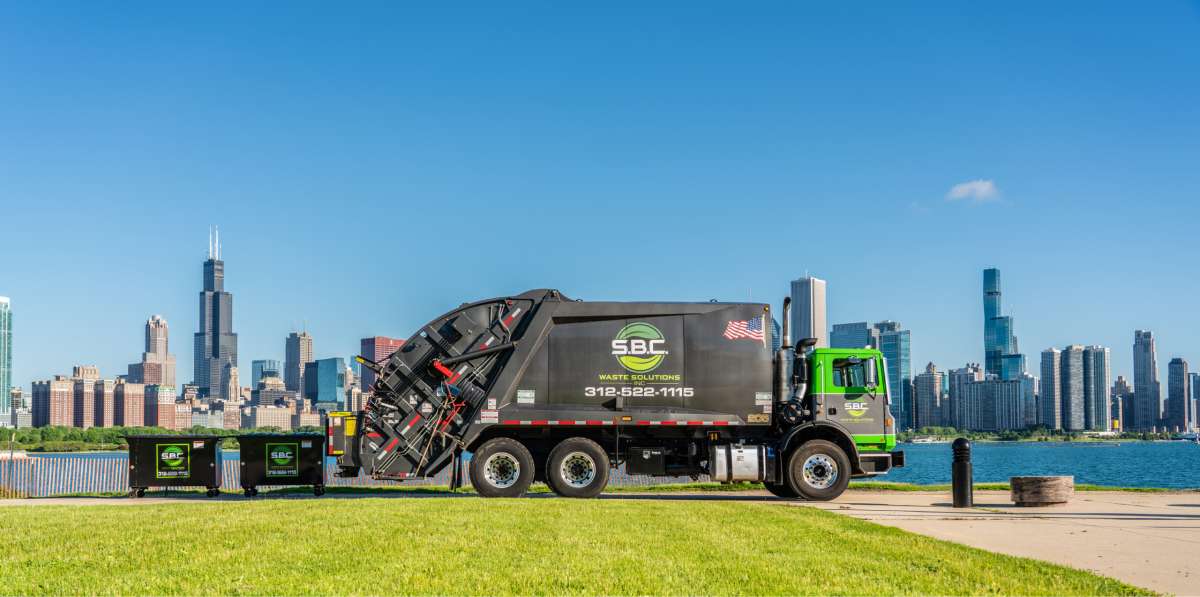
Trash Pickup Service
The Role of Recycling in Commercial Waste Management
Recycling is more than a buzzword—it’s an essential pillar of sustainable business practices. Over two-thirds of non-industrial waste in the U.S. is recyclable, yet much of it still ends up in landfills. By prioritizing recycling, businesses not only help the planet but also gain tangible benefits.
- Cost Savings: Recycling helps businesses cut costs by reducing reliance on costly landfill disposal services. Diverting recyclable materials from landfills minimizes waste management expenses, offering long-term financial benefits for companies.
- Improved Corporate Image: Adopting recycling reflects a commitment to sustainability, appealing to environmentally aware consumers. Businesses that prioritize green initiatives enhance their brand reputation, fostering loyalty and setting themselves apart from competitors.
- Regulatory Compliance: Recycling ensures businesses meet legal requirements in regions with strict waste management regulations. Adhering to recycling mandates avoids penalties and demonstrates a proactive approach to environmental responsibility.
SBC Waste Solutions’ recycling programs ensure businesses can maximize recoverable materials, such as paper, metal, and plastic. For instance, partnering with an electronics retailer, SBC helped recover over 30,000 pounds of recyclable e-waste annually.
Compliance and Regulatory Considerations
Navigating the regulatory landscape of waste management can feel overwhelming for any business. Federal, state, and local governments enforce strict guidelines on how waste must be handled, stored, and disposed of, especially when dealing with hazardous materials.
Non-compliance can lead to hefty fines and reputational damage. SBC Waste Solutions mitigates this risk by offering expert guidance to businesses. From proper waste documentation to real-time consultations, SBC ensures organizations stay up to date with regulations.
Imagine a pharmaceutical company dealing with stringent hazardous waste guidelines. By working with SBC, this business can implement proper protocols and tracking mechanisms, providing peace of mind while maintaining compliance.
Waste Reduction Strategies for Businesses
Waste reduction is a proactive way to save money, conserve resources, and lessen environmental impact. Here are some practical approaches businesses can adopt:
- Conduct a Waste Audit: Analyze waste generation processes to uncover inefficiencies and areas for improvement. Focus on reducing waste at the source effectively.
- Employee Training: Educate staff on recycling techniques and proper waste disposal to foster a culture of sustainability and shared environmental responsibility.
- Adopt Technology: Leverage advanced waste tracking tools to monitor waste volumes. Use data insights to refine and enhance waste management strategies.
SBC Waste Solutions works closely with businesses to develop tailored waste reduction plans that align with their goals and values. By implementing these strategies, businesses can achieve significant cost savings while minimizing environmental impact.
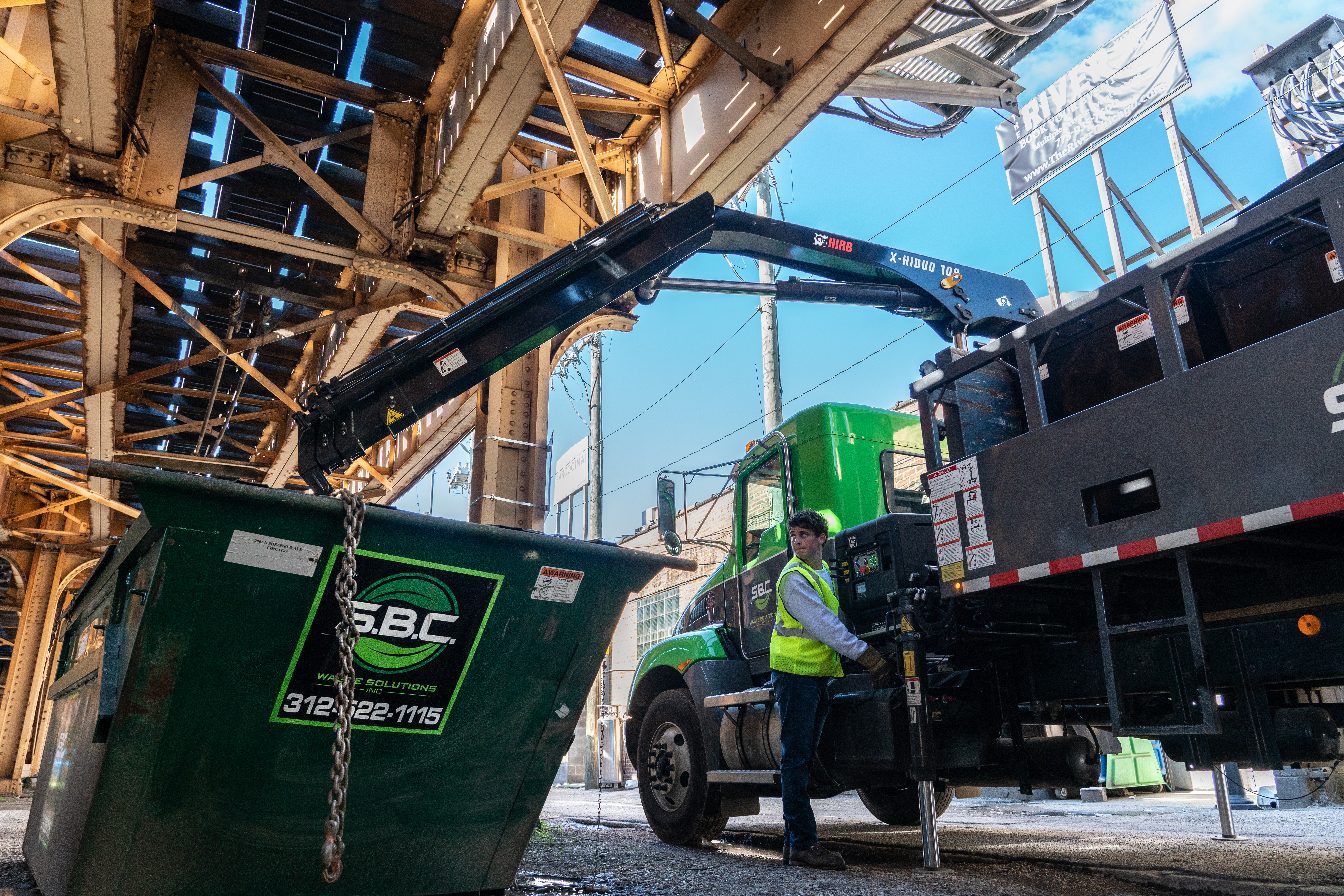
SBC Waste Recycling Service
Cost-Effective Waste Management Solutions
Managing waste efficiently isn’t just good for the planet—it’s also great for your budget. Businesses may not realize the hidden costs of waste mismanagement, from higher landfill fees to inefficiencies in recycling.
SBC Waste Solutions offers competitive pricing models, designed to cater to businesses of all sizes and budgets. For instance:
- Small Businesses: Flexible pickup schedules to accommodate lower volumes.
- Mid-Sized Companies: Bundled services for recycling, waste disposal, and compaction.
- Large Corporations: Comprehensive packages integrating technology and compliance support.
One example of SBC’s impact is a national restaurant chain. Through enhanced waste separation efforts and recycling partnerships, the company saved over $200,000 annually on waste disposal costs. These results demonstrate how strategic waste management contributes to long-term savings.
Conclusion
Waste management may not always be a business’s top priority, but it should be. Tailored strategies ensure businesses handle waste responsibly, stay compliant, and reduce costs. SBC Waste Solutions provides the expertise and flexibility needed to craft waste solutions that work for businesses of any size.
Take the next step in transforming your waste management strategy. Contact SBC Waste Solutions today for a personalized consultation. Together, we can build a cleaner, greener, and more cost-effective future for your business.
https://www.google.com/maps?cid=4180240075447051620

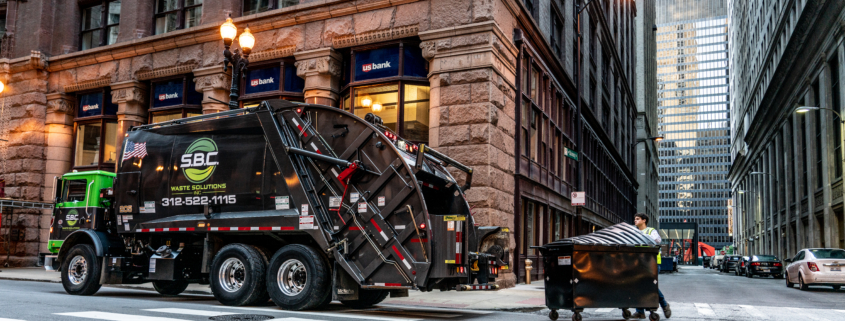



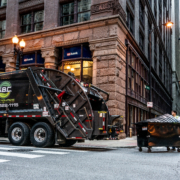

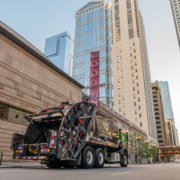
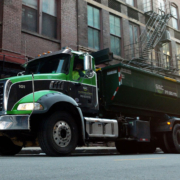

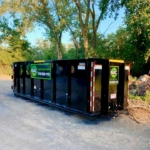

Leave a Reply
Want to join the discussion?Feel free to contribute!